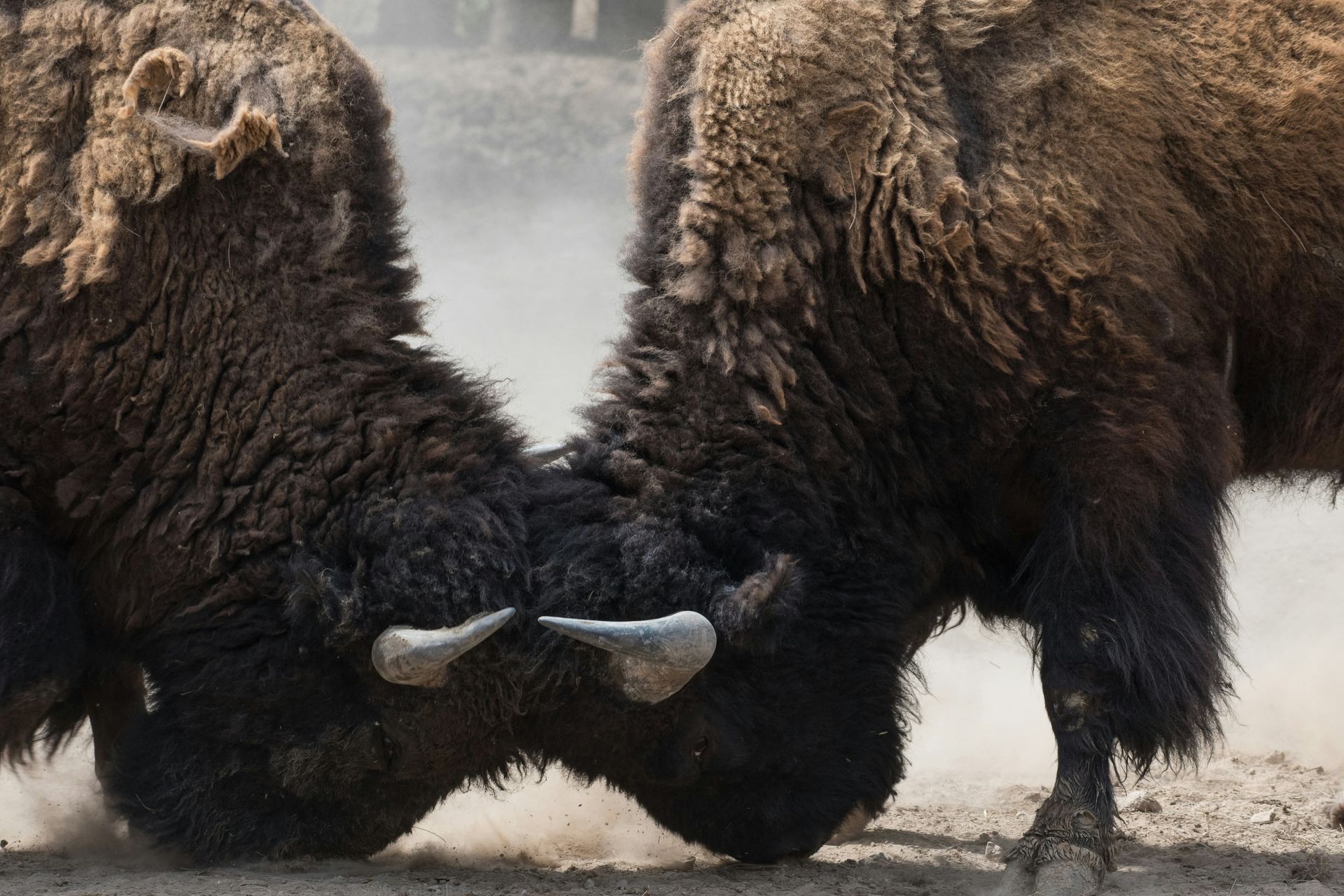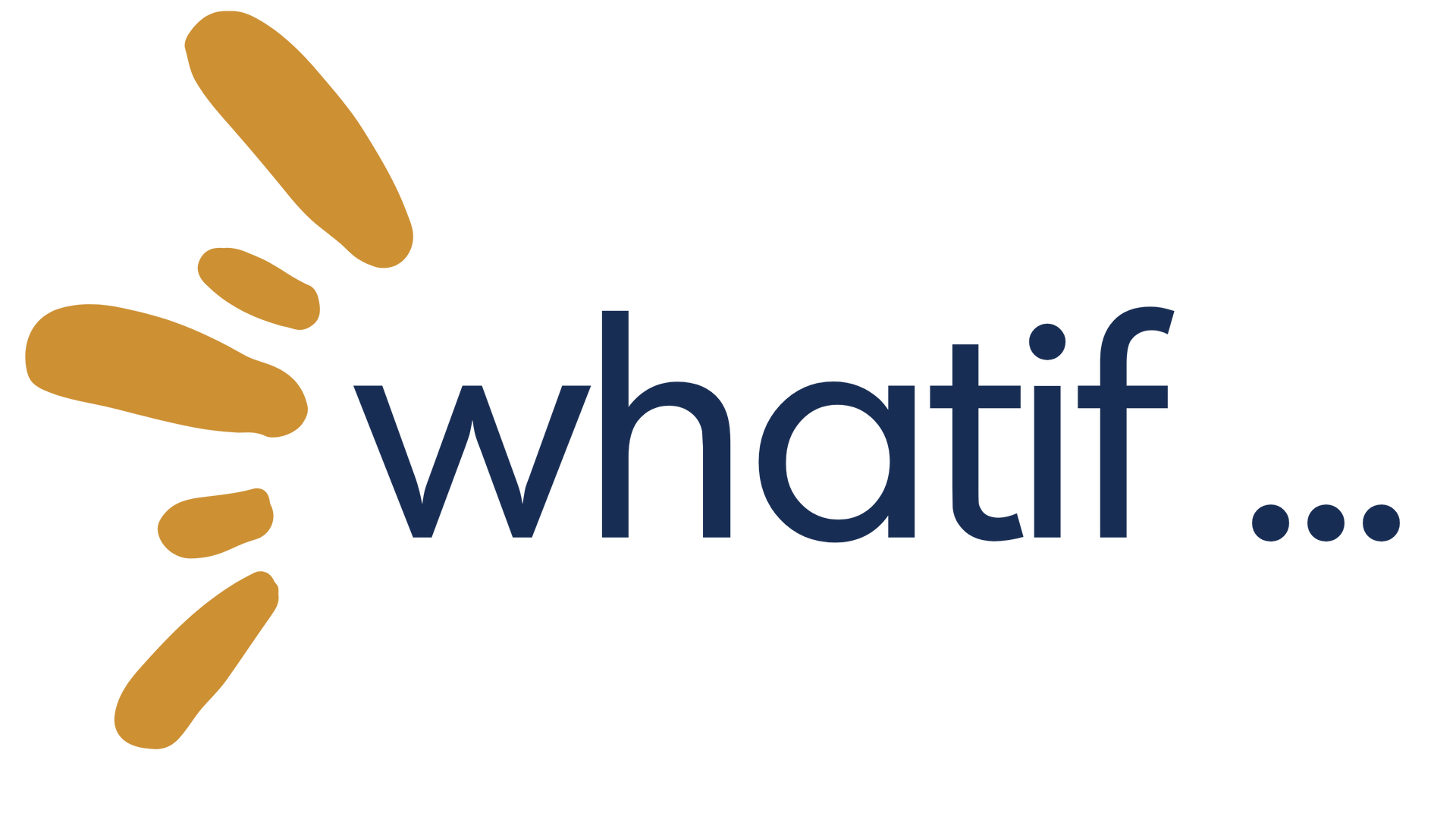Get in touch
555-555-5555
mymail@mailservice.com
Culture Clash: When the Facade and Reality of Company Culture Collide

The modern workforce is a melting pot of generations, with Baby Boomers, Gen X, Millennials, and Gen Z all working together to achieve their common goals. But let's face it, working with people from different generations can be a challenge. Each generation has its own unique experiences, values, and communication styles that can lead to misunderstandings and conflicts. However, with a little understanding and empathy, a multi-generational workforce can be a powerful force for good. So, let's take a closer look at each generation and what they bring to the table.
First up, we have the Baby Boomers. They're the hardworking, ambitious, and competitive generation born between 1946 and 1964. They value job security, loyalty, and stability. They're also incredibly knowledgeable and have years of experience in their field. Baby Boomers can be excellent mentors and can provide guidance and insight to younger generations.
Next, we have Generation X, born between 1965 and 1980. They're independent, adaptable, and value work-life balance. They grew up in a time of change and uncertainty, so they're not afraid to take risks and try new things. Gen Xers are also great problem-solvers and can think outside the box.
Then, there's the Millennials, born between 1981 and 1996. They're the tech-savvy, social media-savvy generation that grew up with technology at their fingertips. They're passionate about making a difference in the world and value diversity and inclusion. Millennials are also great at multitasking and can handle a variety of tasks simultaneously.
Last but not least, we have Gen Z, born between 1997 and 2012. They're the digital natives of the workforce and are incredibly tech-savvy. They're entrepreneurial and independent, and they value authenticity and transparency. Gen Zers are also incredibly creative and can think outside the box.
So, what are the advantages of having a multi-generational workforce? Well, each generation brings its own unique skills, experiences, and perspectives to the table. By working together, we can learn from each other, share ideas, and create a more innovative and inclusive workplace. We can also mentor and support each other, building stronger teams and better leaders.
Of course, there are also challenges to working with people from different generations. Communication styles, work habits, and values can differ significantly, leading to misunderstandings and conflicts. However, by acknowledging and respecting these differences, we can work together to overcome them.
In conclusion, a multi-generational workforce can be both challenging and rewarding. By embracing diversity and respecting each other's differences, we can create a stronger, more innovative, and more inclusive workplace. So, let's work together and create a better future for all generations.
All Rights Reserved | WhatifConsulting
Privacy & Terms




